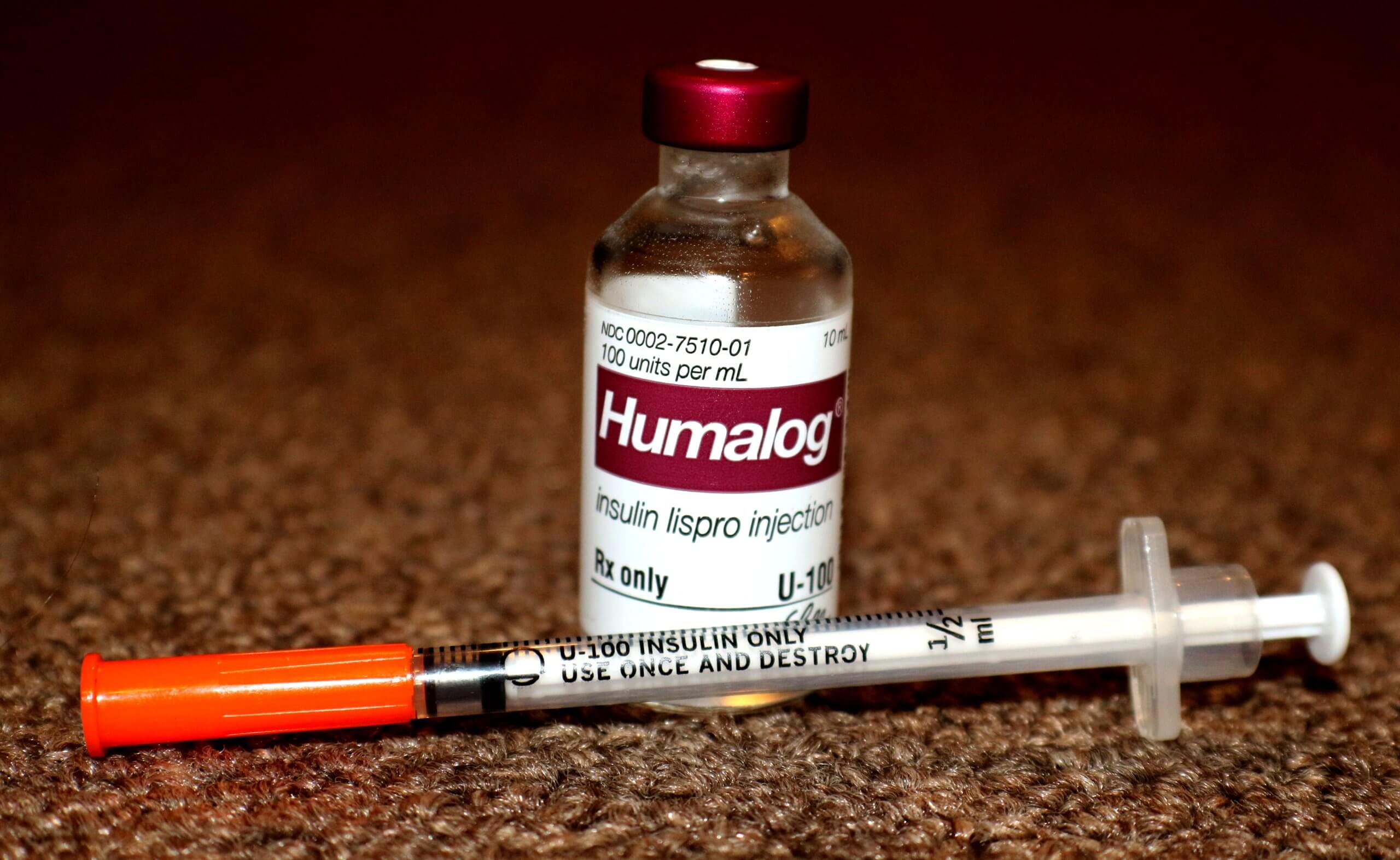Thanks for the feedback but I think you missed the point of the article which wasn't to summarise the existing science, but to summarise bodybuilder perspectives, and particularly the issues of debate, and to inspire people to add their two cents so I have good data to analyse before I publish the full paper later. Rest assured that the full paper will contain the science - that's what Richard Holt will contribute. I contribute the 'broscience' for him to evaluate. Thanks for the link. I have found Dave Palumbo spouts a lot of misinformation about insulin
OK, I acknowledge that your article is intended to summarize the (often erroneous) beliefs about insulin among bodybuilders, but please recognize that you've written an article that is rich in persuasive writing techniques - I would presume unintentionally, i.e., without forethought (as a summary of even anthropological data is in my experience usually presented in a more science writing or technical writing style). I was expecting, a couple of paragraphs in, that this article (that you refer to more than once as a "paper") was the product of discourse or input from the expert authority you refer to, Richard Hold.
Just a sample of some of the persuasive writing techniques (bolded text is not my emphasis):
Pathos: "One of the most misunderstood and debated drugs in bodybuilding is insulin. This is because
we have no science to act as a foundation for the ways that bodybuilders use insulin. This makes all bodybuilder knowledge about insulin use broscience. By using this term ‘broscience’ I am not meaning to discredit this knowledge. Experiential knowledge is very important, and often the athletes are ahead of the science, and can even be right when the science is wrong (Holt 2009). But sometimes what bodybuilders spout about insulin is complete bullshit. So how do you know who to listen to?
"Bodybuilder practice of insulin is based on heaps of n=1 studies, and a bunch of gurus who spout science-y sounding explanations. Few of these guys have any scientific or medical training, let alone expertise in endocrinology. Some of them have no fucking clue what they are talking about, but act like they do. There may be some gems of knowledge in this body of knowledge but most people (including myself) have no idea how to separate the gems from the shit."
Ethos: "Instead what I bring to the table is years of research in bodybuilding communities and a whole heap of different bodybuilder perspectives on insulin for bodybuilding collected from 20 interviews with insulin users with experience of insulin ranging from months to decades, over 30 hours of bodybuilder YouTube videos on insulin, and forum and social media posts on insulin use for bodybuilding. I also have an endocrinologist colleague who is going to help me make sense of this data."
Now I'm a voracious reader, and it's just really difficult for me to view the objective of this article as nothing more than a summary of self-reports or responses to questionnaire ("perspectives" or "debatable issues") from 20 subjects.
But the real worry I have about this article is that it is on Meso, a steroid harm reduction source, and it doesn't present the scientific or expert rebuttals to the many misconceptions therein (hopefully these are forthcoming); and consequently this article might be referenced by an average reader in support of the reader's erroneous views. For example, a guy might read the following:
"Some bodybuilders suggest that insulin is one of the safest drugs in their arsenal particularly as compared to DNP and trenbolone...
"All bodybuilders stated that hypoglycaemia was easily managed by consuming sugars..."
And be unable to discern between truth and falsehood. Bodybuilder self-reports or answers to questionnaire ("perspectives" or "debatable issues") are just going to be interpreted as authoritative by most of the readership, especially when universally held or majority views.
Just please consider editing this article appropriately when there are (presumably forthcoming) rebuttals from an expert to counter the misconceptions therein.
As a voracious reader, even I usually skip the last couple sentences of an article, as this portion of a writing is typically a conclusion/summary. Without reading the very last sentence, this entire article read like THIS
WAS the paper to resolve insulin disagreements with help from your colleague, Richard Holt. I was legitimately wondering where his input was to be found.
Note that as the author of this article, its organization and presentation presents an argument, and this is especially potent in a persuasive writing. By omission of the cardiovascular risks, insulin toxicity/hyperinsulinaemia-induced insulin resistance; by presentation of dosages used, you do have a responsibility arising out of the product of your editing.
I am looking forward to the followup article, though, Mair. You're doing good work on the anthropological and interview side and conferring with good experts. I only take some issue with the way in which the data is being reported to us here (quite apart from anything that you might publish in the literature).

 thinksteroids.com
thinksteroids.com

 thinksteroids.com
thinksteroids.com

